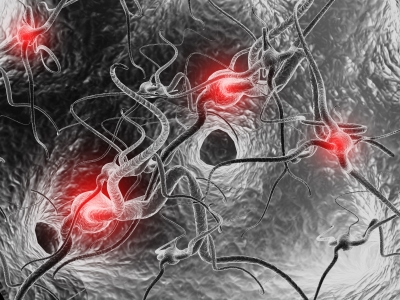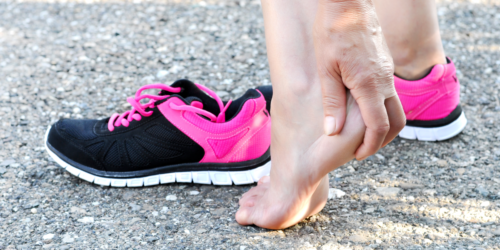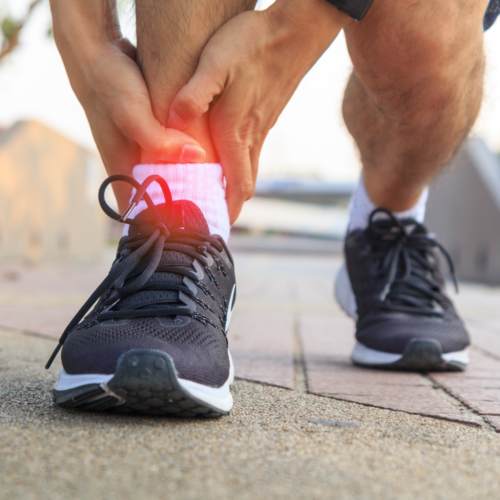

November is Diabetes Awareness month! It’s the perfect time to make sure you are doing everything you can to live a full and active life with your disease. That goes beyond just monitoring your blood sugar levels and managing your diet and weight. It’s also important to perform a foot check every day—diabetes makes you prone to foot problems that can snowball into serious complications if not caught and treated early.
Diabetic neuropathy is a major contributor to these problems. This condition can make your feet lose sensation and alter their ability to feel pain or extreme hot or cold. As a result, you could acquire a wound and not even be aware of it—but not in this month of awareness! Now you know the importance of a diabetic foot check, right? Looking over your feet on a daily basis will allow you to catch things like blisters and scrapes—these may seem minor, but if gone unnoticed, can easily become infected and lead to dangerous ulcerations. Even the smallest of injuries can end in amputation. That’s why you need to sweat the small stuff! Be aware of any and all changes to your feet, and make us aware of them too. The sooner we can treat your problem, the better chance we have of preventing it from becoming serious.
Country Foot Care’s doctors and staff can help you to learn more about diabetic neuropathy and other dangers to look out for when living with diabetes. Call either of our offices to make an appointment or simply make an appointment online by clicking on the MAKE AN APPOINTMENT button in top right corner of this page.
Photo credit: renjith krishnan via freedigitalphotos.net



